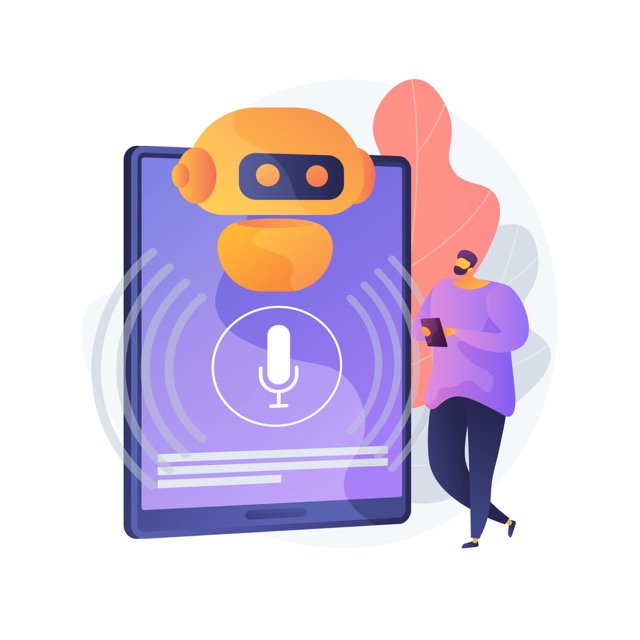Founded in Denmark. We respect your privacy.
Join a worldwide community of language learners
AI Language Learning: Pioneering the Future of Linguistic Mastery
In our hyper-connected world, the importance of learning new languages can hardly be overstated. However, the way we approach this endeavor is undergoing a significant transformation, thanks in large part to advancements in artificial intelligence (AI). AI for language learning is not just a trend; it's rapidly becoming the cornerstone of educational technology, altering the landscape of how we acquire, retain, and use new languages. In this piece, we will delve into the ways AI is revolutionizing language learning and what the future might hold for learners globally.
The Role of AI in Personalizing Language Learning
One size does not fit all, and this maxim holds true when it comes to language learning. AI has the capability to tailor language education to each individual's needs, thereby enhancing the learning experience. By analyzing data such as the learner's pace, preferences, and weaknesses, AI systems can create personalized study plans that adapt in real-time. This adaptive learning leads to a more efficient and engaging process as learners receive content that is right for their level and learning style.
Moreover, AI technology is able to provide immediate feedback to learners, something that is invaluable when mastering a new language. Correcting pronunciation, grammar, or vocabulary in real-time accelerates learning by reinforcing correct usage and addressing mistakes promptly. This is a leap forward from traditional methods that often involve delayed feedback from teachers or peers.
Enhancing Speaking Skills With AI
Speaking a new language fluidly is perhaps the most daunting aspect of language learning. AI-powered platforms like Talkio are game-changers in this arena by simulating conversations with native speakers. This provides learners the opportunity to speak with AI anytime and anywhere, without the pressure of making mistakes in front of others. Such interactions not only improve fluency but also boost learners' confidence in their speaking abilities.
In addition to platforms like Talkio, voice recognition technology has advanced to the point where it can accurately assess pronunciation and intonation. This allows learners to perfect their accent and expression, making their speech more natural and native-like. With consistent practice, users of language learning AI can see significant improvements in their speaking capabilities much faster than through traditional study methods.
AI Language Learning and Cultural Integration
Language learning is not just about grammar and vocabulary; it's deeply intertwined with culture. Understanding the cultural context of a language is crucial for meaningful communication. AI systems can bridge the gap by incorporating cultural education into language learning. With access to vast amounts of information, AI can present learners with relevant cultural insights, idiomatic expressions, and real-life scenarios that are typical within the language's native culture.
Furthermore, with AI's ability to process and generate language, learners can get a taste of various dialects and subcultural nuances that textbooks often overlook. As AI continues to develop, we can anticipate even more sophisticated inclusion of cultural elements in language learning software, providing a more well-rounded learning experience.
Conclusion: The Future Is Bright With AI Language Learning
AI language learning is rapidly advancing, offering unprecedented opportunities for learners to grasp new languages more effectively than ever before. By personalizing the learning process, enhancing speaking skills, and integrating cultural nuances, AI is setting a new standard in language education. As we look ahead, the potential for AI in this field is boundless, promising a future where language barriers decrease and cross-cultural communication flourishes. With the continuous improvement in AI technology, language learning is set to become more accessible, efficient, and enjoyable for everyone involved.



